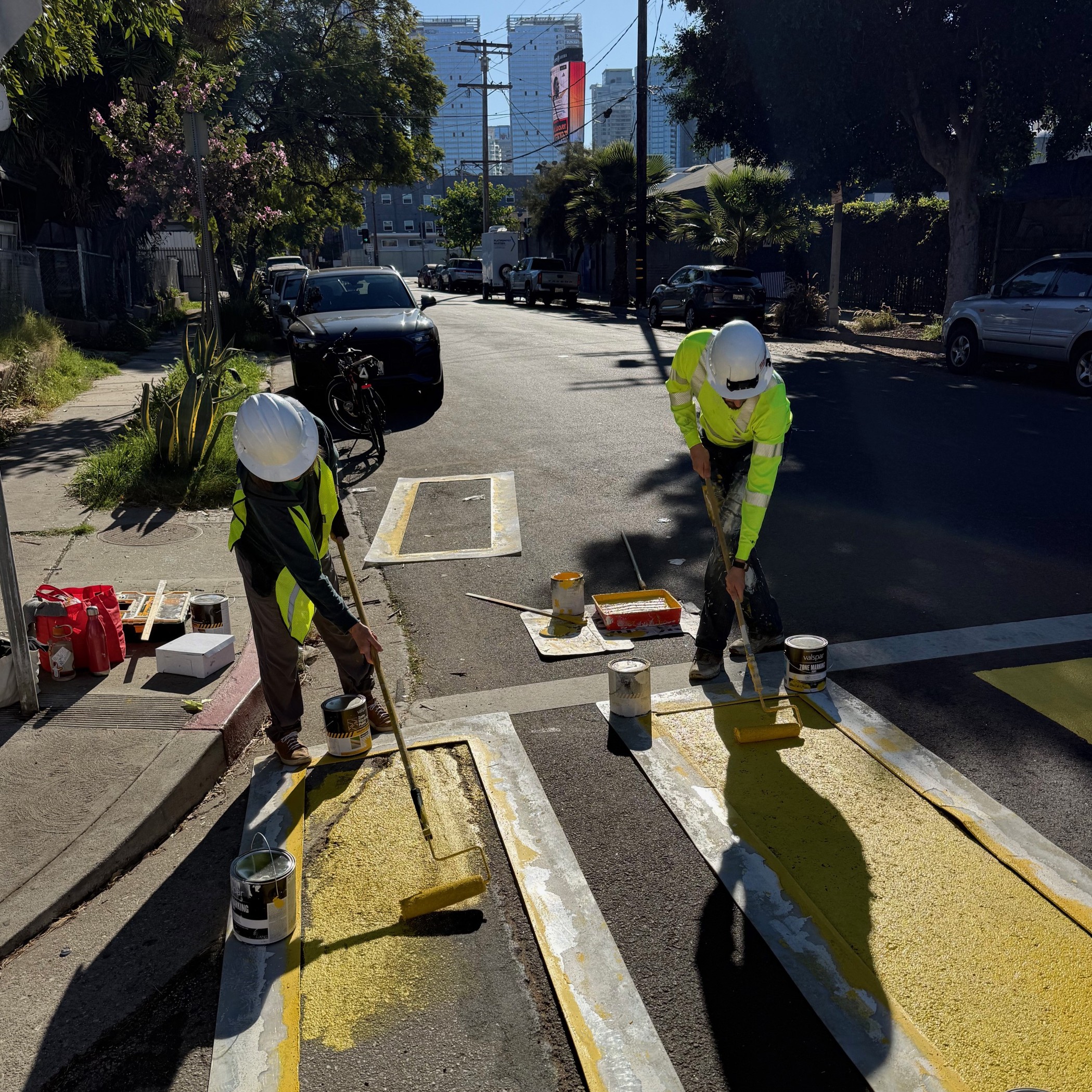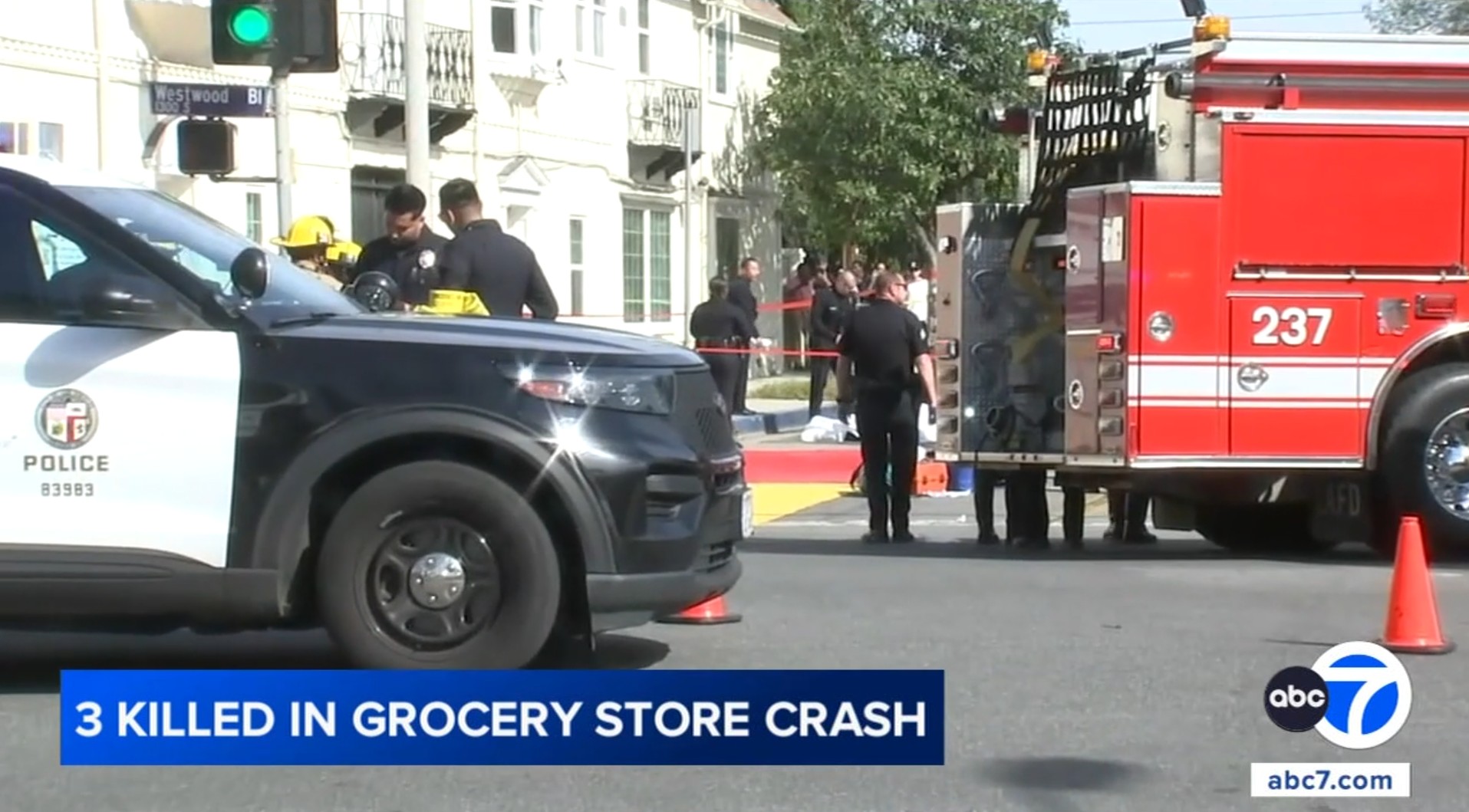Interest groups seeking to influence transportation policy-making have long flooded the capital with campaign cash and lobbyists
-- and their numbers are rising at an eye-popping rate. Nearly 1,800
interests are employing at least 2,100 transportation lobbyists to work
the system in anticipation of the next federal infrastructure bill, according to a Center for Public Integrity investigation unveiled today.
 (Photo: Pufferfish)
(Photo: Pufferfish)The Center's work directly answers a question asked by many attendees at last week's University of Virginia infrastructure conference: How can the public be awakened to the relevance and political importance of transportation as an issue?
Unfortunately
for the elite industry players who attended the conference, the answer
may be that the public isn't yet aware of just how much waste is built
into state and federal transportation spending. From the Center's
initial report:
The matter of how and from where the federal money is actually doledout is among the biggest headaches. The majority of federal dollars forthese various transportation programs actually get distributed to stateand local governments to be spent at their discretion. But that hascaused problems.
For one thing, wrotethe Government Accountability Office last year, “Rigorous economicanalysis does not generally drive the investment decisions of state andlocal governments.” That was an understatement. Most statetransportation agencies surveyed by the GAO in 2004 — 34 out of 43 —called political support and public opinion “very important” wheninvesting federal dollars. Only eight states attributed the sameimportance to cost-benefit analyses.
With the debate in Congress currently focused
not on how to reform the bloated, broken system but how long to delay
reform, it's unclear whether the Center's findings can move the needle
in the short term.
But that all-but-certain postponement
of the next federal transportation bill makes today's report all the
more shocking. Anyone who reads it will find no reason to support 12 or
18 more months of federal transportation funding distributed through an
unaccountable system of state DOTs.






